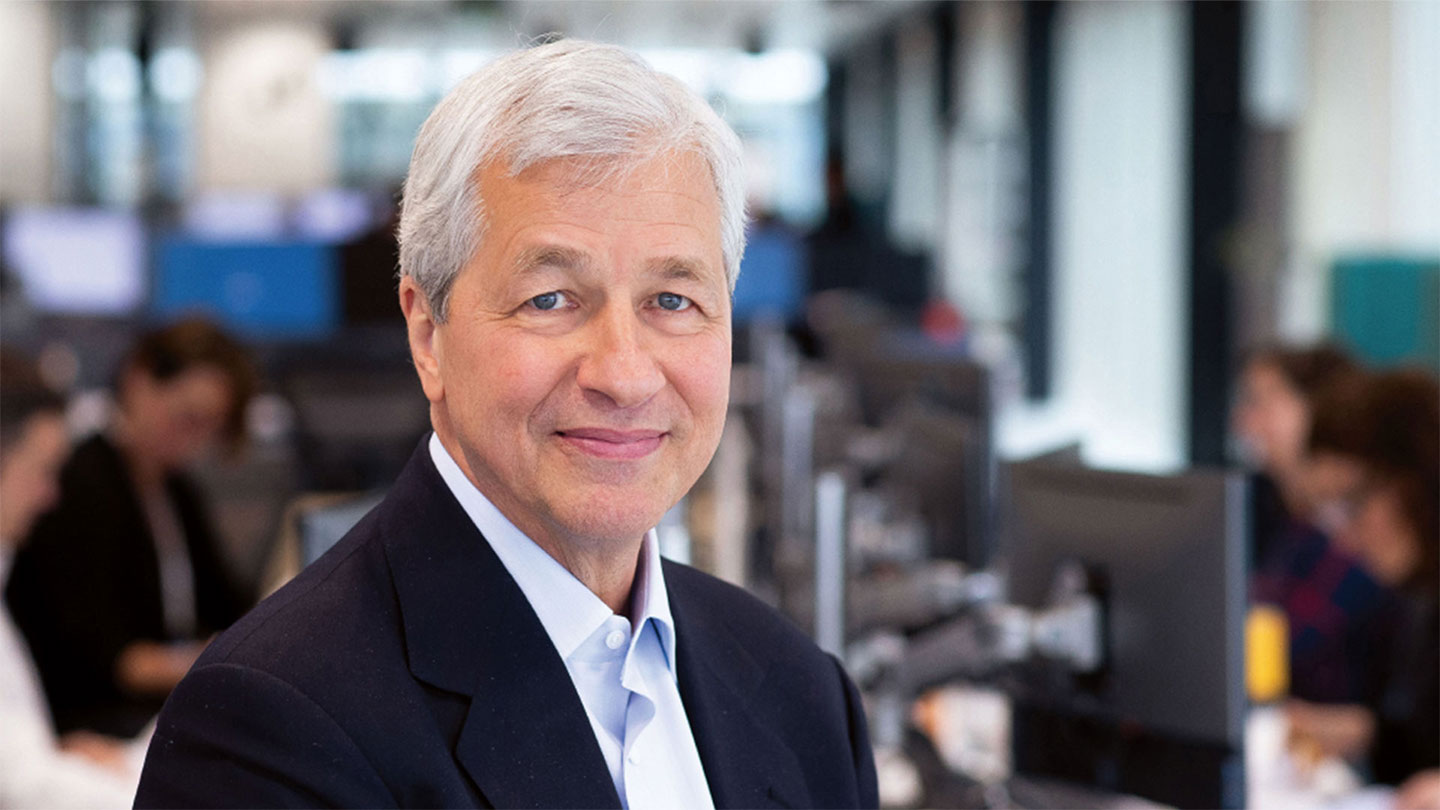A version of this editorial originally appeared in the Chicago Tribune.
By The Editorial Board | Chicago Tribune
Two decades ago, Chicago’s political and business leaders were dismayed to see Jamie Dimon, who’d taken this city’s civic scene by storm in less than five years, selling Bank One to JPMorgan Chase.
The fears at the time were pronounced.
The headquarters of Chicago’s biggest bank—itself the product of multiple large-scale mergers including First Chicago with Detroit’s NBD in 1995 and later First Chicago with Columbus, Ohio’s Banc One—was moving to New York, sadly reinforcing the narrative of Chicago as a financial services backwater and New York as the world capital of money. The most bitter observers noted then how Dimon, who negotiated the deal to ensure he would become CEO, was a native New Yorker. He’d engineered a triumphant return home, this narrative went, using shareholder money and selling out Chicago in the process.
Dimon tried to reassure everyone by making promises. Chicago would remain a critical market for Chase. Chicago wouldn’t lose jobs. Chase would maintain its civic commitment.
There was little reason to believe him, at least judging by the blows the city had endured after losing corporate headquarters in past merger deals, nearly all of which were accompanied by similar promises from CEOs who’d fattened their own wallets as they enticed buyers willing to pay hefty stock-price premiums. To make those nosebleed prices pencil out, the acquirers had to take a cleaver to costs, which usually fell most heavily on Chicago.
The poster child for that effect had been the 1998 sale of Amoco to British oil and gas giant BP. One of the city’s most civically active corporate citizens was gone, and the jobs and charitable giving gradually but meaningfully declined. In response to that civic black eye, Mayor Richard M. Daley moved heaven and earth to win the headquarters of Boeing in 2001 after the manufacturing giant announced it was leaving its longtime home of Seattle.
The Boeing good vibes were short-lived. Just three years later came the sale of Bank One, Chicago’s only remaining claim to big-bank relevance in the U.S. It was an Amoco, redux. Or so said the conventional wisdom.
Twenty years later we’re pleased to observe that none of those fears were realized. Dimon, who at age 68 is widely acclaimed as the best banker in the country, kept his promises to Chicago—and gave us more on top. The bank employs 15,500 in the area, with 7,200 of those working downtown in Chase Tower, the Tribune reported last week as the bank was celebrating the 20th anniversary of the merger. That’s about 5 percent more than Bank One employed locally in 2003, the year before the deal, according to tabulations at the time by Crain’s Chicago Business.
Philanthropically, Chase’s colossal size and profitability has given it the wherewithal to go well beyond what Bank One did for Chicago, which was plenty. In 2017, Chase substantially increased its giving in Chicago, and added even more in 2021. All told, beginning in 2017, the bank committed $200 million to the city, focused primarily on the South and West sides, through 2025. The $25 million annual average, a fair amount of which encompasses investments in nonprofit lenders and other programs meant to be self-sustaining and have an impact beyond a specific year, is roughly three times what Bank One was donating annually in Chicago.
In terms of dollars, Chicago gets more philanthropic attention than any other city Chase serves, a spokesman said.
More recently, Chase announced it would modernize the 55-year-old skyscraper it owns in the heart of the Loop, one of the city’s most distinctive buildings. The February timing of the investment was notable given how decimated the Loop remains in the wake of the pandemic. The inherent importance of this vote of confidence in downtown commercial real estate is near impossible to overstate. None of this is to say that losing a headquarters of Bank One’s size and symbolic importance is a positive in and of itself. Corporate headquarters remain critical to our economic health, as well as our collective civic willpower and means to forge a better Chicago.
It is to say, though, that the right leadership can make a loss into something positive. In an age in which a handshake doesn’t seem to mean as much, it’s gratifying to see one of this nation’s most high-profile business figures keep his promises. There was no signed contract. Dimon just followed through on his word.
Bank One and First Chicago are history. Chase’s ongoing presence here—combined with the largest U.S. bank’s belief in the future of Chicago and its actions to back that up—is a gift to the region.
© 2024 Chicago Tribune. All rights reserved. Distributed by Tribune Content Agency, LLC.




